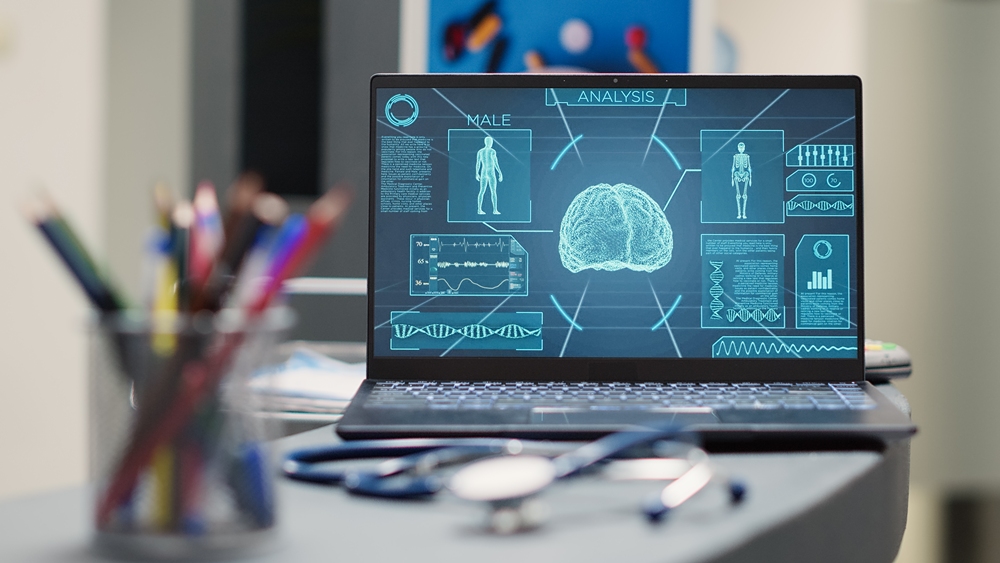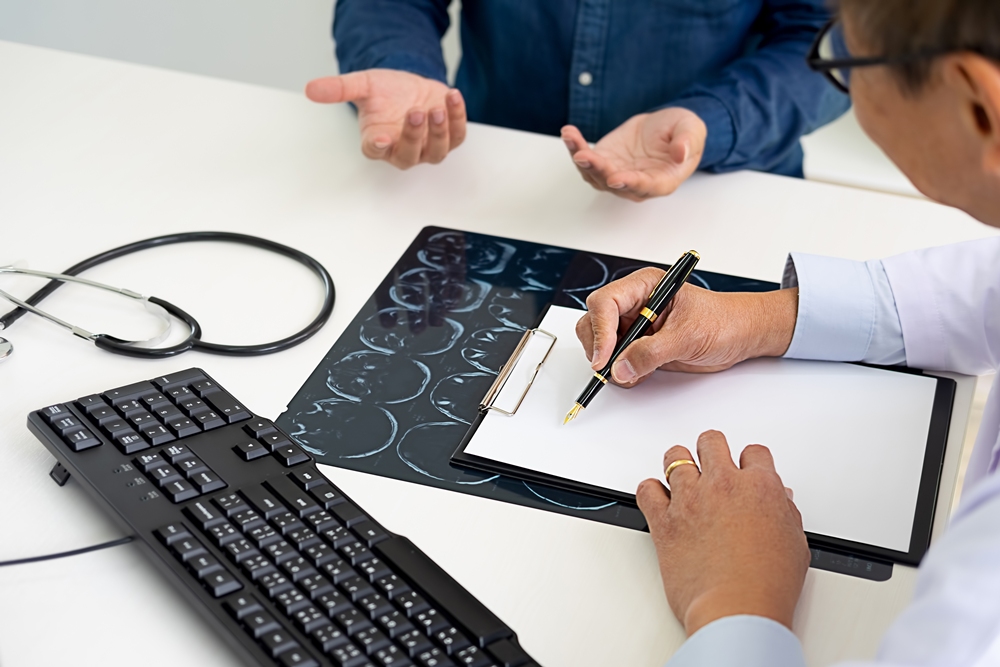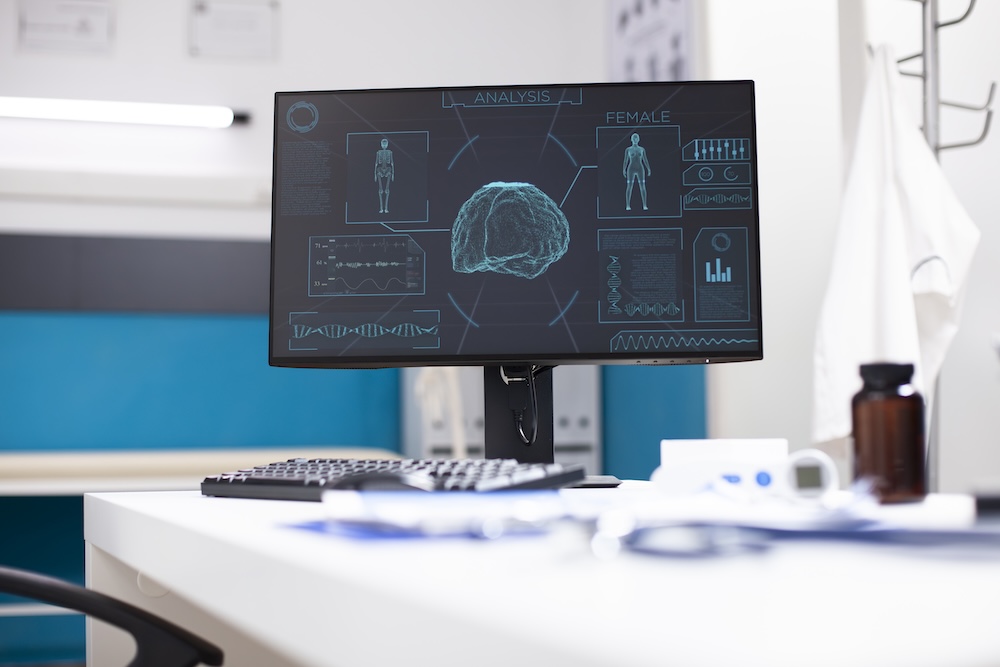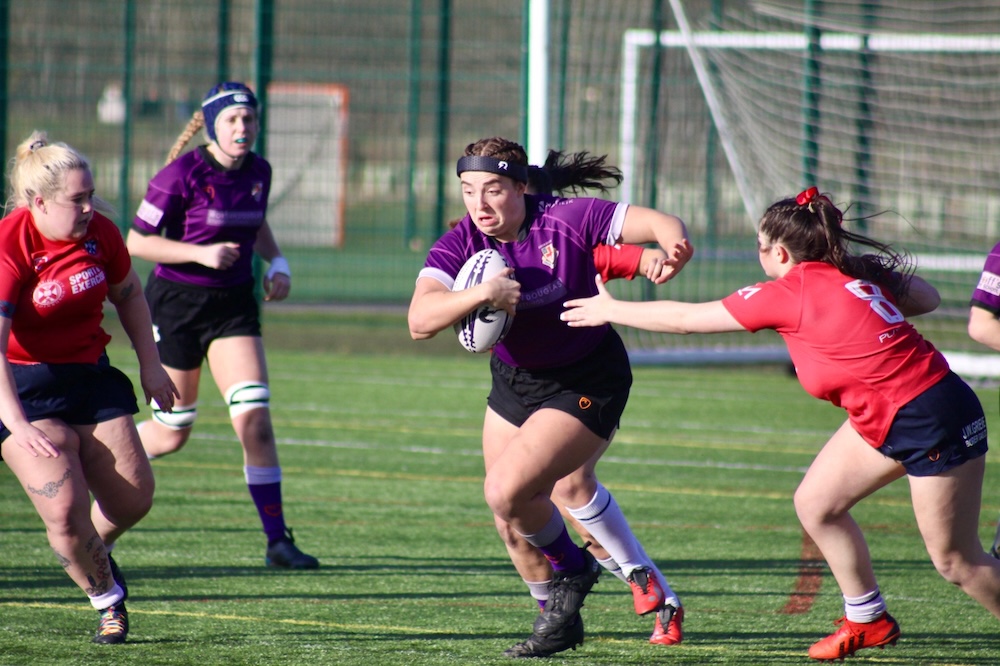Neuro rehab technology
OpenAI has invested in co-founder Sam Altman's brain-computer interface startup Merge Labs. The generative AI provider was a major investor in the company's US$252m seed round. A brain-computer interface allows direct communication between the brain and external devices. The potential for an investment was rumoured in the middle of last year. OpenAI said [...]
Two companies are collaborating to develop AI-driven MS therapies targeting myelin repair in multiple sclerosis and related disorders. By combining two distinct artificial intelligence platforms, the companies hope to create the first treatment capable of actively restoring the protective myelin coating around nerve fibres, potentially reversing neurological symptoms that current medications cannot address. The collaboration [...]
Researchers validated a wireless EEG method to measure neuroplasticity, offering a non-invasive way to track how the brain responds to new treatments. The approach could provide an objective readout of brain response to therapies for psychiatric and neurodegenerative conditions. Neuroplasticity is the brain’s ability to reorganise its connections after experience, injury or disease, for example [...]
Newcastle Hospitals and Newcastle University have announced plans for the UK’s new centre of neurotechnology innovation. The National Centre for Neurotechnology and Neurorestoration will support research and delivery of the latest neurotechnologies aimed at understanding the brain, restoring function and improving health. The centre will be the first UK facility dedicated to clinical trials using [...]
A major new initiative to accelerate the delivery of pioneering new treatments for paralysis in the UK has been launched by the charity Spinal Research with a £1m fundraising campaign. The Spinal Research Recovery Alliance will bring together the spinal cord injured, researchers, clinicians and industry partners to get breakthrough therapies to paralysed people at [...]
Neuro Rehab Times explores the latest business developments in the world of neurorehabilitation MedRhythms and Edwards Health Care Services enter into agreement MedRhythms, a neurologic and physical rehabilitation company with the world's first prescription music platform, has announced a strategic partnership with Edwards Health Care Services (EHCS), a provider of direct-to-home medical products. The partnership [...]
A non-invasive spinal stimulation system controlled by hand movements enables people with paraplegia to regain stepping control. The technique uses electrical signals from hand muscles to trigger magnetic stimulation of the lumbar spinal cord, allowing patients to initiate and control leg movements. By performing rhythmic hand grips, participants with spinal cord injury were able to [...]
A brain-computer interface device has received FDA approval to begin human trials for speech restoration in paralysed patients. The Connexus BCI system will be tested in participants with severe motor impairment who have lost the ability to speak and move their limbs. The device is designed to record and decode brain signals, allowing users to [...]
Onward Medical has secured FDA 510(k) clearance expanding ARC-EX for home use, widening access to non-invasive spinal cord stimulation for people with upper-limb deficits after spinal cord injury. ARC-EX spinal cord stimulation therapy delivers targeted, programmed electrical stimulation through the skin to the spinal cord. Electrodes placed on the back of the neck provide non-invasive [...]
North East sports safety company Rezon has launched a £1m crowdfunding round to speed up international expansion of its concussion-reducing headband. The firm's flagship product, Halos, is a CE and UKCA certified protective headband designed to reduce concussion and sub-concussion risk in contact and collision sports. Sub-concussive impacts are smaller repeated blows to the head [...]













